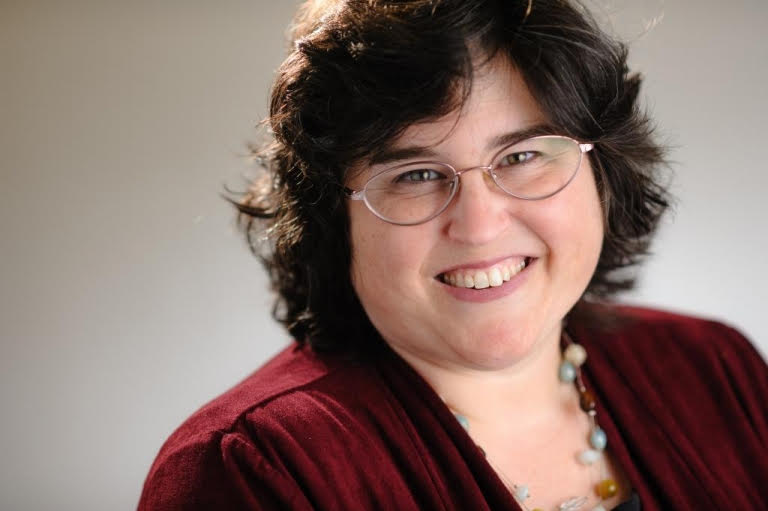

We are truly grateful that Kentucky has continued to include public universities within the scope of state open records law, unlike Pennsylvania and other states. We are frustrated by requirements that now only in-state residents may request open records, putting Kentucky in the same camp as Alabama and other states. Here’s an example as to why that is a problem.
University athletics programs frequently place restrictions on what student athletes can post on social media, thus having a potential impact on free expression. Our Eastern Kentucky University student journalists placed open records requests at universities across the country to compare the different types of policies. They quickly hit snags in states exempting universities and those requiring residency. They had to punt the project because of lack of access.
Fortunately, our Kentucky legislators made provisions when revising our state law to allow media outlets to file requests from out of state. If only other states had made that provision as well.
The most common argument about residency requirements is that state and local agencies are flooded with requests and cannot keep up demand, particularly for procurement and contracts. However, the very policies about how records are released causes the bulk of the backlog. Rather than requiring petitioners to go through the formal requests process for each record, make the eligible documents accessible online or just give it to them when verbally requested.
Adding the hoops of documentation of who gets what record is not necessary to fulfill the law. If it's a public record, make it public. The challenges with fulfilling open records requirements are not only in the law itself but in the policies that have been developed in implementing it.
Both the University of Kentucky and Western Kentucky University administrators have turned down entire requests because a portion identified students who allege sexual misconduct. In both cases, identifying information could easily have been redacted. In UK’s case, the state Supreme Court ordered the documents’ release after five years of appeals. Once finally released, documents were redacted to the point of absurdity. The Kentucky Kernel staff opted not to pursue the case further so that they would not lose any ground gained since 2016. Meanwhile, The College Heights Herald also found its efforts to gain information thwarted by what its attorney called ‘an overly redacted document.’ These laws are supposed to shine light on processes and procedures, but the universities are using the laws in ways that do not protect student victims, but instead protect suspected perpetrators.
Eastern Kentucky University administrators were considering budget cuts in 2018 that led to staff and faculty elimination. University officials told The Eastern Progress these decisions involved personnel matters and potential litigation. The Eastern Progress reviewed documents given to Regents in a closed session, and the Attorney General determined that the information involved was not about specific personnel but instead the dismissal of multiple employees as a budget cutting move. The redactions were not about protecting the privacy and reputation of individuals impacted by the budget cuts; the redactions were about protecting the people in power making the hard decisions.
Efforts to chip away at the state open records law are being made for reasons that are disingenuous at best and a desire to avoid transparency at worst. Most are made under the guise of protecting privacy but not necessarily the privacy of the vulnerable. Exemptions already are available to avoid privacy invasion. Stop the policies that make it harder to access information that the public needs.
Bios
Ginny Whitehouse is director of the ICCA School of Communication and a professor of Multimedia Journalism at Eastern Kentucky University where she teaches Media Ethics, Media Law, and Information Gathering. She was a Fulbright Scholar based at Sofia University in Bulgaria, teaching media ethics and researching differing expectations of news media in that country.
Whitehouse taught for 15 years at Whitworth University in Spokane, Washington, where she also served as department chair. She earned both her master’s and doctorate from the University of Missouri-Columbia School of Journalism, and served as a journalist for newspapers in Tennessee and Alabama, as well as for a religion news service in Southeast Asia. She is the proud mother of two beautiful daughters.
Tricia Fulks Kelley is a freelance digital journalist and educator based in Richmond, Kentucky. She currently serves as a visiting professor at Eastern Kentucky University, where she advises the student newspaper, The Eastern Progress.
Kelley served as associate producer for The Peabody award-winning, Emmy-nominated interactive documentary, “Hollow.” She previously held positions at PBS Frontline, The Journal (Martinsburg, W.Va.) and The Shepherdstown (W.Va.) Chronicle. Her work has appeared in The Charleston Gazette-Mail, WV Living Magazine and various online and print publications.
An award-winning journalist and newspaper editor with honors from the West Virginia Press Association and the Society of Professional Journalists, Kelley holds a master’s degree in interactive journalism from The American University and a bachelor’s degree in news-editorial from West Virginia University.
Kelley resides in central Kentucky with her husband, Derek, and son, Max, where she continues to pursue personal and professional storytelling projects.


